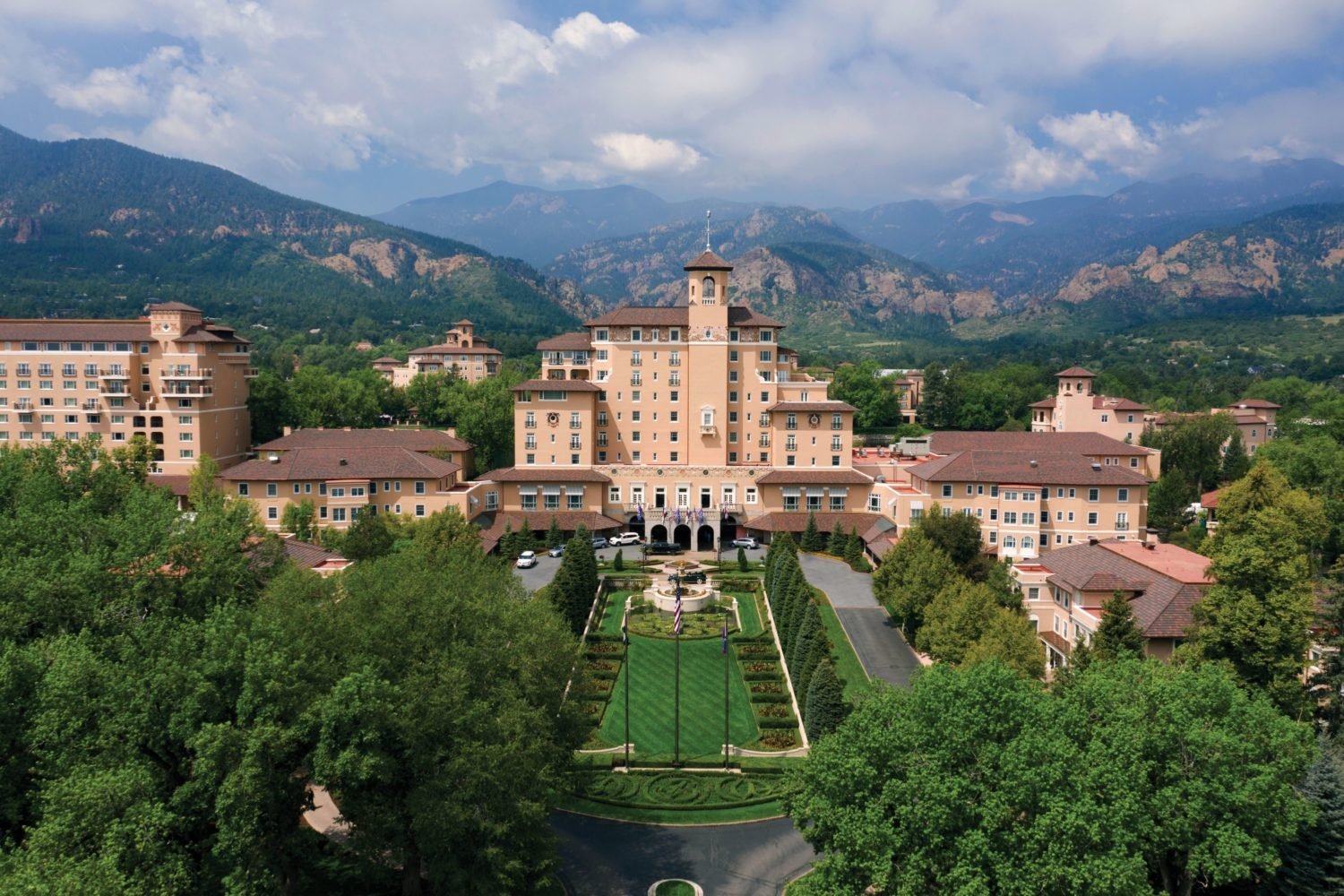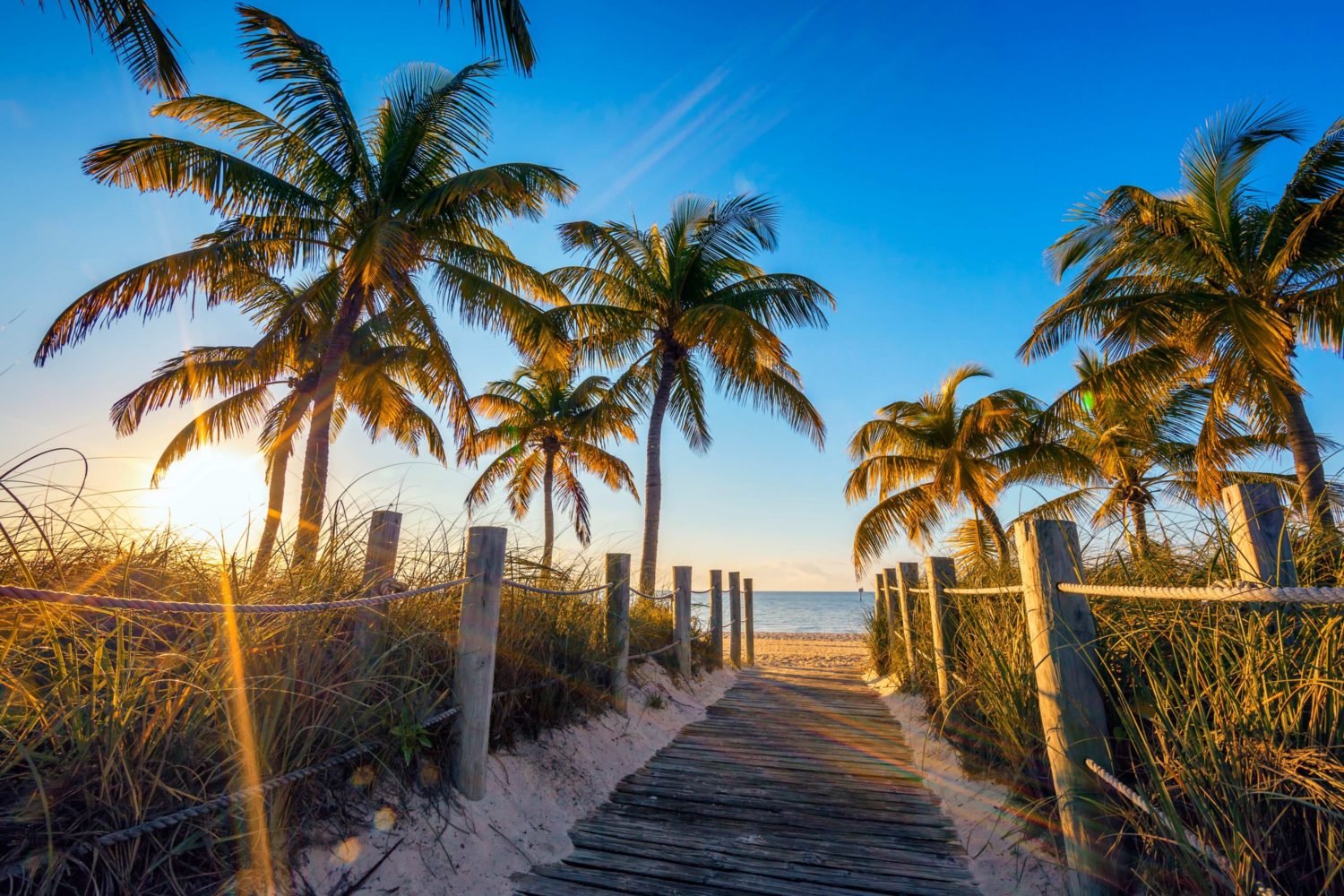Want to see more photos from Washington events and parties? Click here for Washingtonian.com's photo slideshow page.
A visit to the Sackler Museum this summer is almost—but not quite—as good as visiting Portugal. That’s because the museum is filled with magnificent artifacts, maps, paintings, sculpture, and silver that tell the story of when explorers from Europe’s westernmost country set sail for lands previously unknown to Europeans—Africa, Brazil, China, India, and Japan.
The wealth of cultural history and the country’s very fine aesthetic so eloquently displayed at the Sackler through September 16 in “Encompassing the Globe: Portugal and the World in the 16th- and 17th-century,” will not come as a surprise to anyone who has visited modern Portugal. There is a reason for that: The Portuguese, in their early days as traders, specialized in luxury goods, importing only the finest textiles, wooden marquetry, and spices. Like the port and wine the country produces, this tradition of excellence has aged well.
One way to see modern Portugal—the real Portugal as opposed to the one represented by cookie-cutter chain hotels—is by staying at pousadas, historic buildings that were once palaces, castles, or monasteries. All have, I hasten to add, state-of-the-art plumbing. (Years ago, when I stayed at a pousada that had been a monastery, I was amused to find a bidet in the bathroom.)
There are 44 pousadas scattered around Portugal. They are categorized as Historic; Historic Design (that is, a bit smarter than most thanks to architectural improvements and upmarket interior design); Charm, a hard to define category since charm is one spouse’s dream and another’s nightmare; and Nature, pousadas that take advantage of the countryside or seaside. Each reflects the local history and culture.
Food at all pousadas comes from nearby sources. All meals are prepared in traditional ways reflecting local cuisine—with a little fusion thrown in. It was, after all, the Portuguese explorers who brought home tea from China, coffee and red peppers from Africa, and bananas, mangoes, sweet oranges, and sugar cane from Asia. Meals are paired nicely with Portuguese wines and port. Those whose wine drinking began with Mateus, the Portuguese pink plonk, can rest assured: Portuguese wines are now very sophisticated. The port has always been good.
For information about Portugal’s pousadas, visit www.pousadas.pt. There you will find many deals—some from 40- to 50-percent off non-Web sources)—including last-minute, golden-age (beginning at 55), and combo packages for car rental and pousada stays. It’s a great way to see and get to know the country. Questions? Try info@pousadas.pt.
An excellent source of information about Portugal in general is www.visitportugal.com. So is the snail-mail option: Portuguese Tourism Office; 590 Fifth Avenue; New York, NY 10036; 212-354-4403.

















